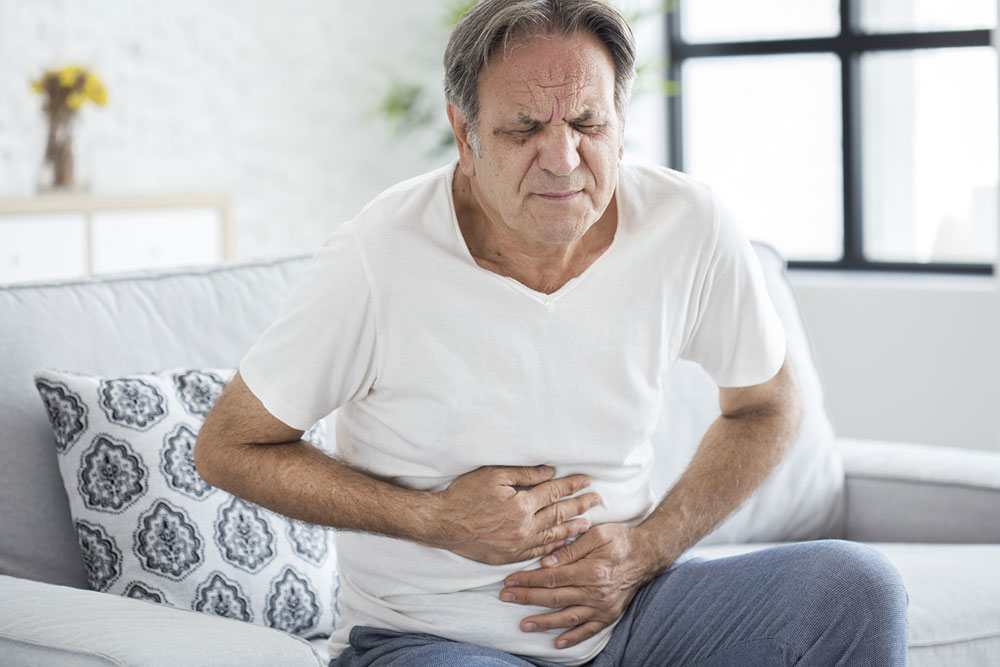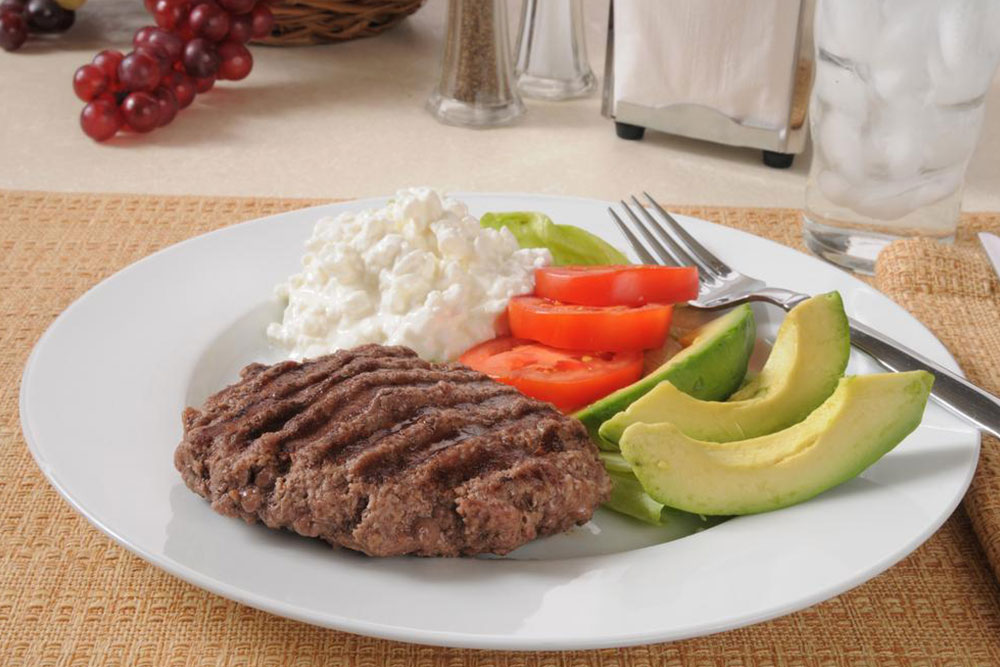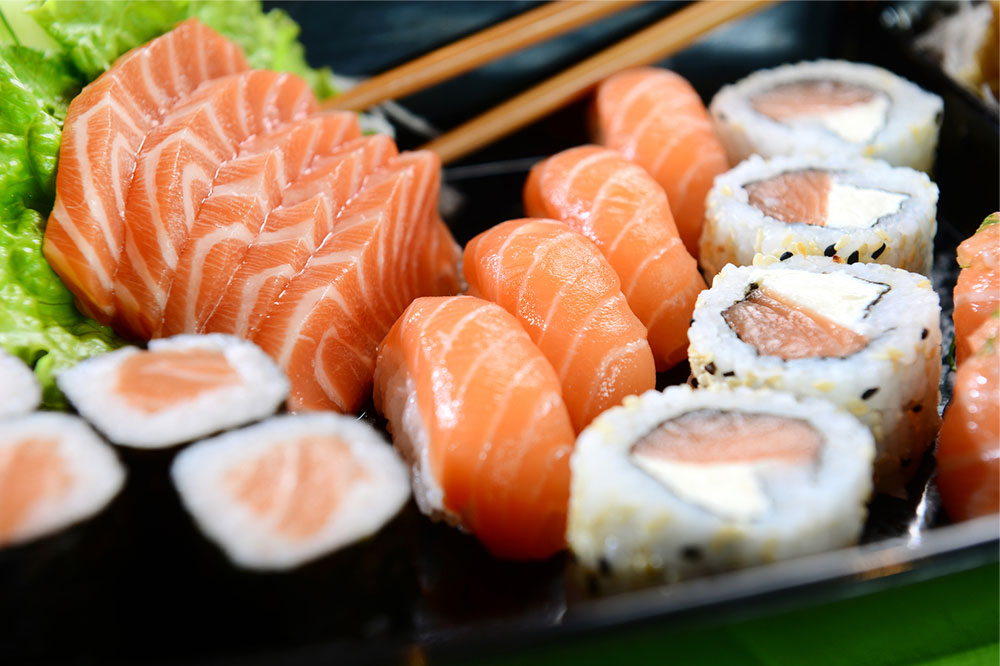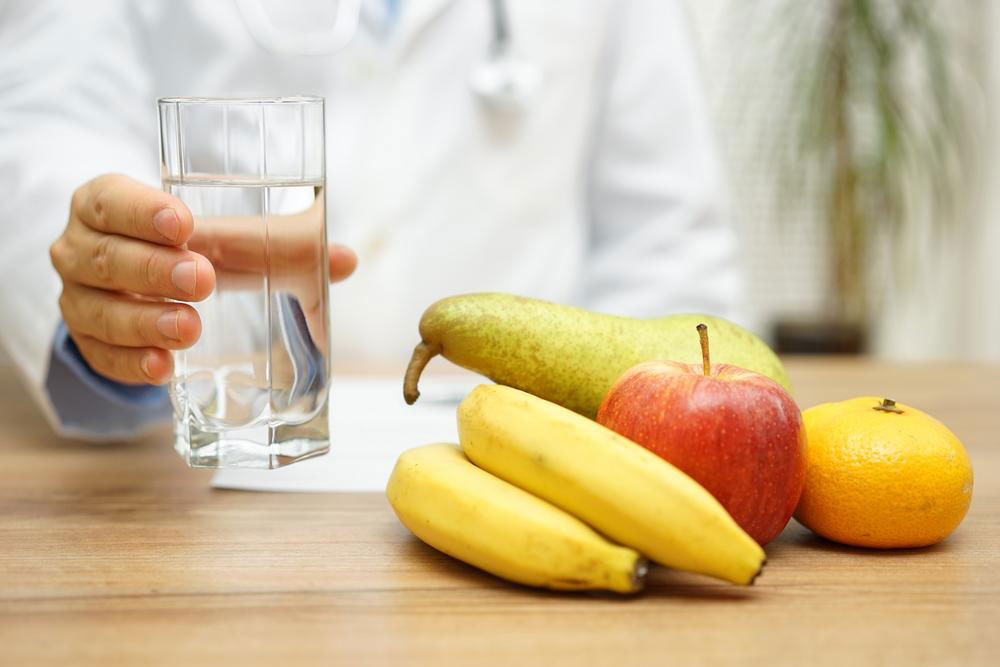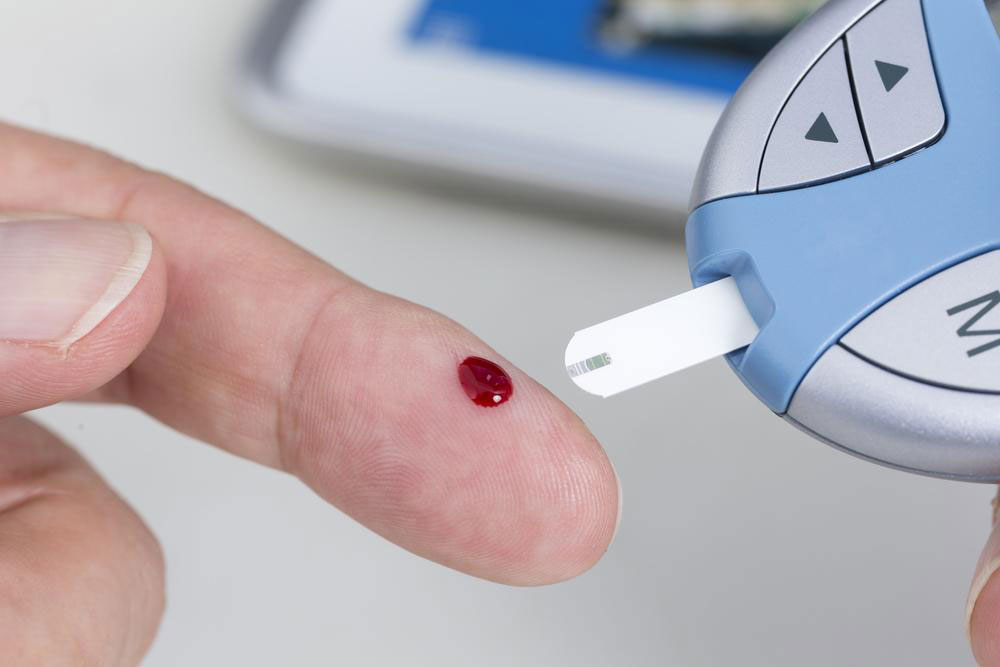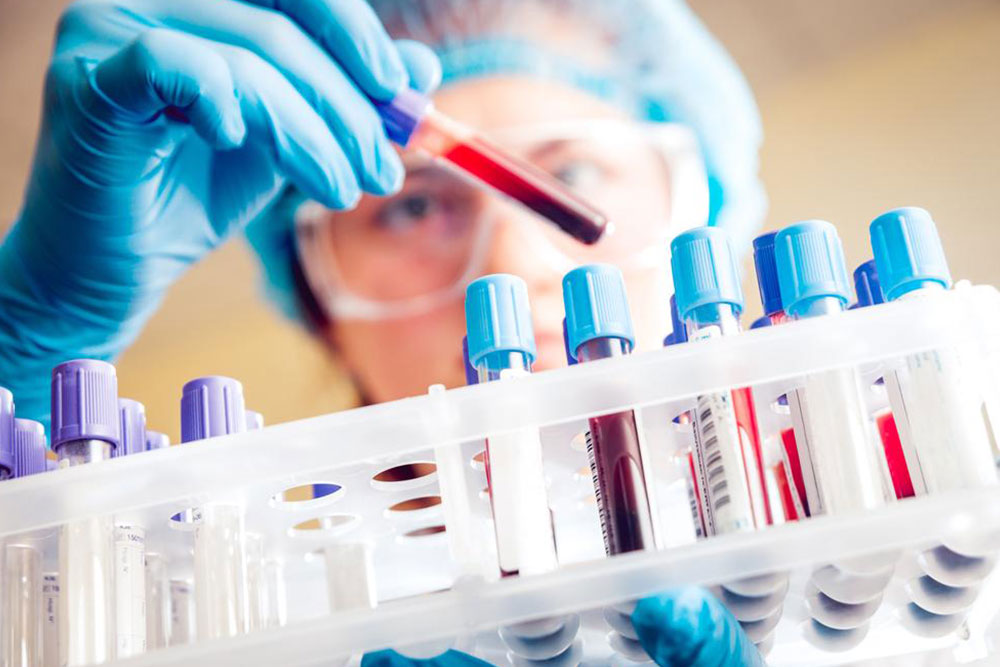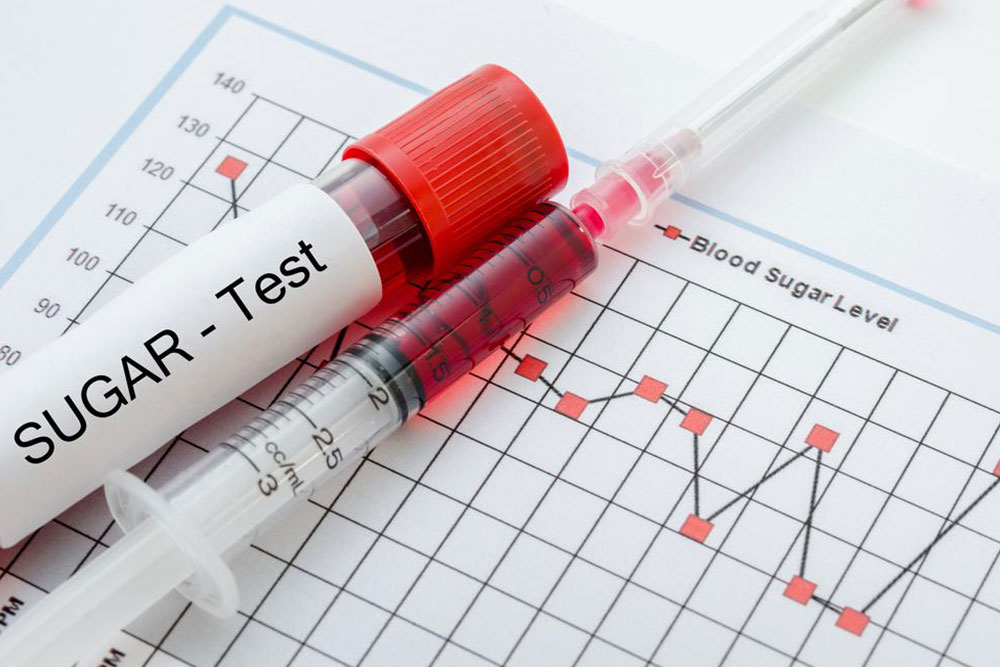Essential Dietary Strategies to Reduce Bilirubin and Support Liver Health
Discover effective dietary tips to lower bilirubin levels and enhance liver health. This guide highlights nutrient-rich foods, high-fiber options, and red fruits and vegetables like tomatoes and watermelon. Avoid processed foods, fried dishes, and alcohol to prevent liver inflammation. Following these guidelines, alongside medical advice, can support healthy bilirubin levels and overall liver function.

Essential Dietary Strategies to Reduce Bilirubin and Support Liver Health
Bilirubin results from the breakdown of hemoglobin when the liver processes outdated red blood cells. Elevated bilirubin levels often indicate liver or gallbladder issues, including conditions like cirrhosis, hepatitis, gallstones, leukemia, Gilbert syndrome, pancreatitis, or cancer. Excess bilirubin can cause jaundice, with yellowish skin and eyes, and in Gilbert syndrome, symptoms include fatigue and stomach discomfort.
Addressing high bilirubin involves consulting healthcare professionals and adhering to treatment plans. Supporting liver function through a nutrient-rich diet is vital for restoring normal bilirubin levels. Incorporate the following foods into your daily intake:
Nutrient-dense foods: Foods high in vitamins and minerals assist the liver in detoxification and repair. Include fresh fruits and vegetables, whole grains, lean proteins like chicken and fish, and low-fat dairy products.
Boost liver health with foods rich in dietary fiber, which promotes cell regeneration and eases digestion. Focus on whole grains, beans, and vibrant produce such as berries, leafy greens, and carrots. Red fruits and vegetables like tomatoes, guavas, watermelon, papayas, red bell peppers, and grapefruit contain lycopene, beneficial for liver functions.
Foods to steer clear of:
Avoid foods that cause liver inflammation or increase toxin buildup, such as processed sugars, fried or greasy foods, fast food, and carbonated drinks. Reducing salt intake is also recommended. Abstain from alcohol, which can further impair liver health.

